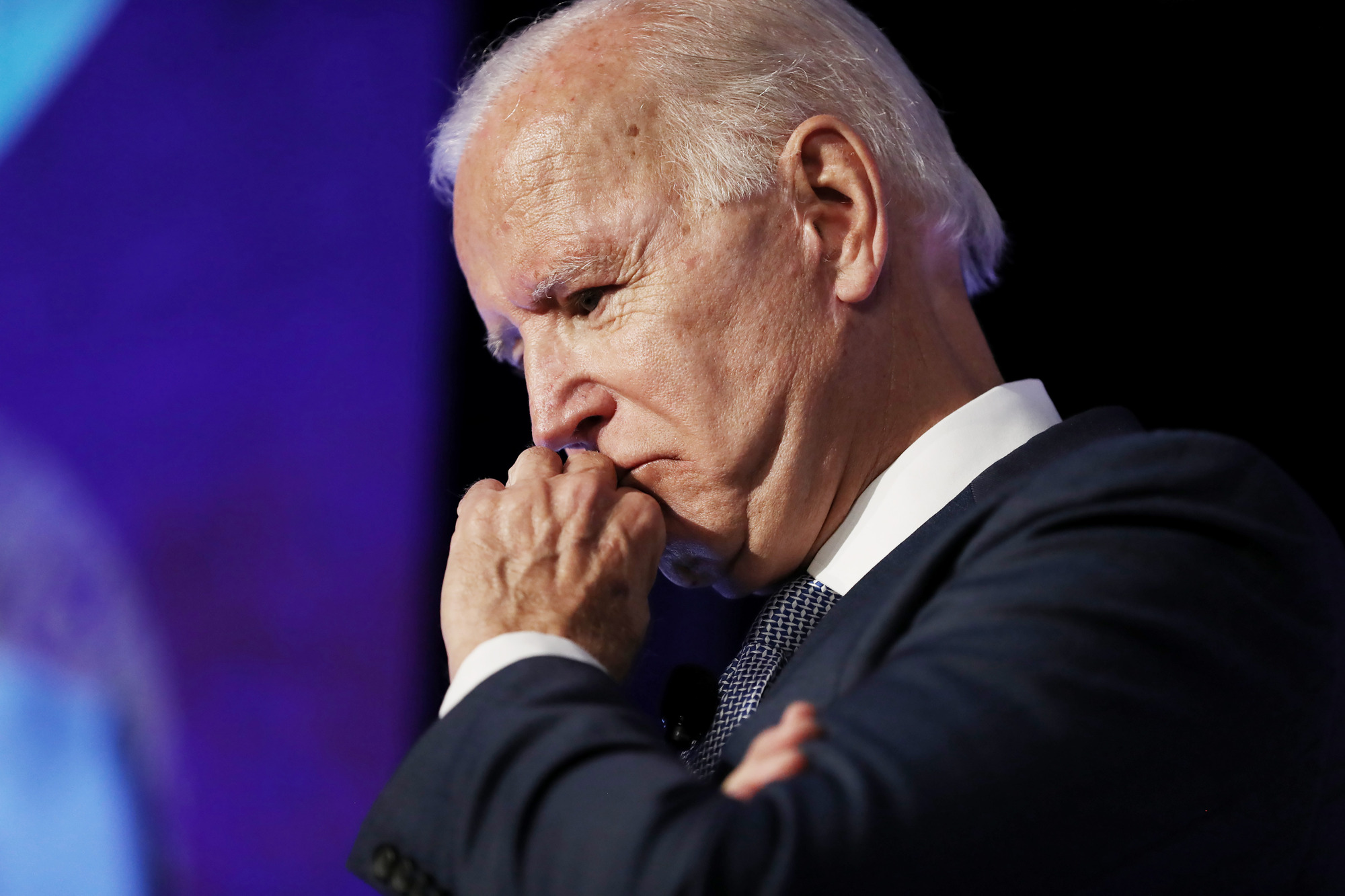An overused phrase in American political discourse is that the government should “be able to walk and chew gum at the same time”. While this makes a pithy line, reality sometimes pitches the proverbial walking and chewing against each other.
The best example of this is the energy policy announced this week by Joe Biden’s administration, which tries to satisfy both the needs of industry and the energy-hostile preferences of the environmental lobby. “Under the Biden-Harris Administration,” the White House statement reads, “private companies have invested almost $80 billion in clean energy manufacturing. Strengthening U.S. clean energy supply chains not only benefits American workers but also makes it easier to deploy clean energy even faster to cut emissions.”
This is all well and good, but do these green initiatives really satisfy America’s energy needs? The answer is no, but Joe Biden is trying to fudge the issue. In the past, the White House tried to address this problem by simply outsourcing to the global markets. This is the reason why last year the US permitted increased oil exports from both Iran and Venezuela, easing the sanctions Washington was once adamant about enforcing, or why Biden asked Ukraine to show restraint in attacking Russian refineries.
But if rogue regimes are allowed to fill their coffers, they tend to become harder to control. Flush with new revenue, Iran could afford to support Hamas and even launch a combined missile and drone attack on Israel, while Venezuela has begun to threaten its neighbour Guyana. Consequently, after a period of relaxation, sanctions now have to be strengthened again. That these policies would be short-lived was obvious if one were to have looked at the US corporate sector and its desire to relocate production back to North America and create more resilient supply chains. This would include resources such as rare earths and fossil fuels, but also another crucial input factor: electricity.
The United States is locked in a heated competition with China about who will take the lead in the ongoing AI revolution, and there is — apart from the necessary hardware — nothing more important for the running of sophisticated algorithms than electricity.
Even modest scenarios assume that in the near future additional yearly electricity needs will be as large as the entire electricity use of a medium-sized country such as Sweden or the Netherlands — not including the push for EVs, which will create another huge peak in demand. The required data centres will consume energy throughout the day, so the idea that weather-dependent wind or daylight-only solar renewables can satisfy these new requirements is delusional. More traditional forms of electricity production will be needed as backup.
Yet Biden’s Environmental Protection Agency (EPA) has now created additional requirements for the operators of fossil fuel-fired power plants, causing experts to worry that they will simply throw in the towel, creating an unreliable electricity grid at a time when reliability (and low prices) are more needed than ever.
In addition to slow rolling oil and gas licences and hampering electricity producers, the current administration is now also targeting mining operators. A recent mining project in Alaska was cancelled, ensuring that China will remain the most important supplier of critical minerals, a market that is already almost two-thirds under Beijing’s control. Without these minerals, however, the current building boom of chip factories will soon run out of steam, since without the required raw materials even the best factory cannot continue production.
Even the cleanest-looking technology, such as semiconductors or EVs, has a dark underbelly that consists of the mining and raw materials production needed for those industries. Biden has pretended that citizens can have one without the other, but reality is about to catch up with him.











Join the discussion
Join like minded readers that support our journalism by becoming a paid subscriber
To join the discussion in the comments, become a paid subscriber.
Join like minded readers that support our journalism, read unlimited articles and enjoy other subscriber-only benefits.
Subscribe